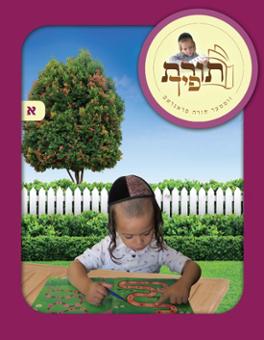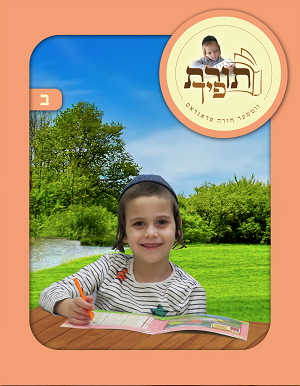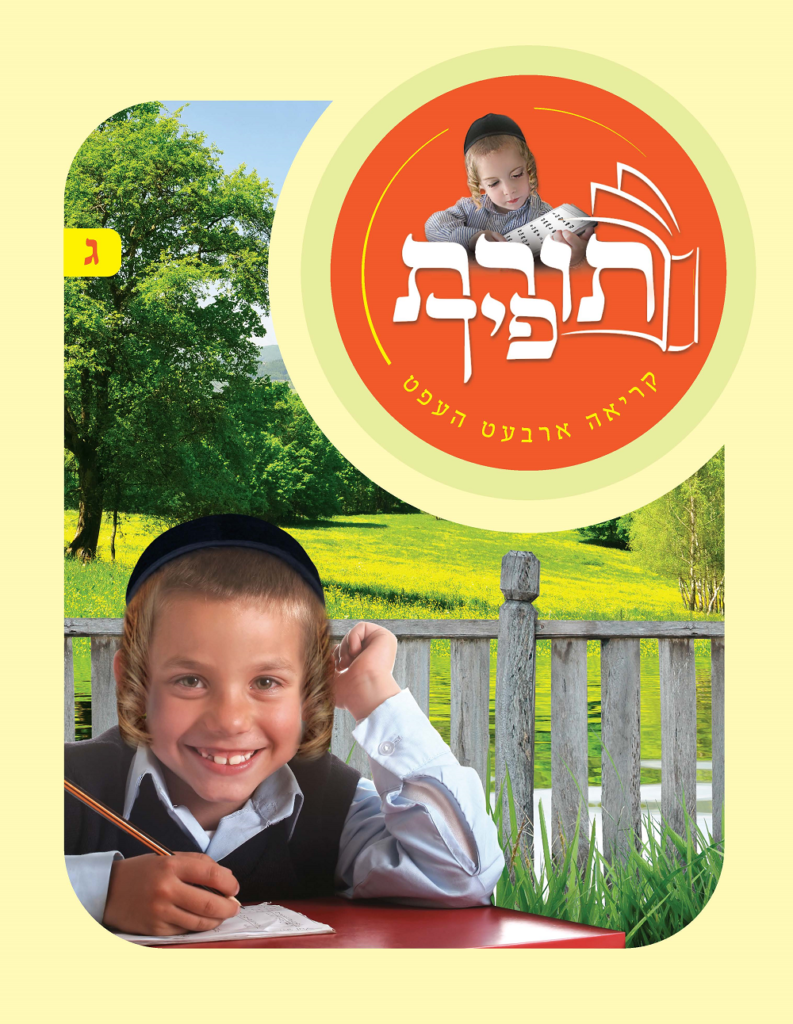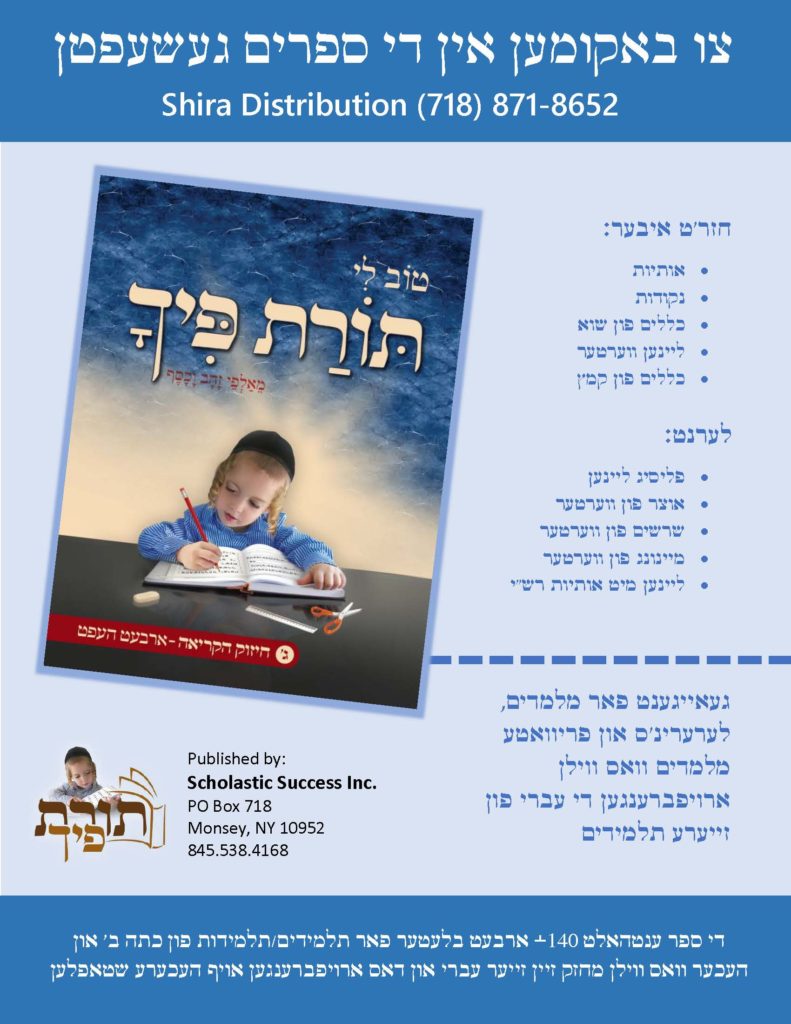Will my child struggle to read?
With the summer days in and the school days out, where kids have finished their yearly curriculum, different thoughts circle in different parents’ minds. Some parents thank Hashem for their child’s success despite this year’s situation which has diminished lots of quality school hours, while others are very concerned about their child’s future.
What concerned parents say:
“My daughter learned the א-ב but has not yet managed to fully grasp it before the virus kicked in, and since then she is struggling with the אותיות. Soon Pre 1-A will start, and before I know it my daughter will remain the weak kriah students who will need tutors for who knows how many years…”
“My son learned how to read; he was ב”ה reading accurately but slowly. Now after the virus, his class has already mastered reading תהלים, and he still thinks about every אות and נקודה before saying each word. Soon he’ll be starting כתה ב’. How will he be able to learn חומש and recognize words?!”
As a parent reading this article, many of you might have similar concerns and fears about your son’s or daughter’s הצלחה with their קריאה skills. As we are working with מוסדות on their kriah curriculum, we can tell you that these concerns are valid, and yes! you have what to be concerned about. It can take all of a couple of weeks for the concern – the challenge to become an obstacle and a real problem.
The good news is that ‘it doesn’t take a village to raise a child.’ ‘An ounce of prevention is worth more than a pound of cure’- assisting your child in a productive way while there’s only a fear of failure can eliminate hours and hours of tutoring when the concern grows into a problem.
Following is a list of principles for kriah success:
- Kriah is a step by step process; the better your child will be with each step, the easier he/she will acquire each new step.
- Children prefer reading texts of levels that they’re fluent with rather than new levels.
- Learning with a parent should be a positive experience for a child; how positive can the experience be if he’s constantly getting criticism for reading words incorrectly?
- Kids want to read well! If something was said incorrectly it’s not because of their bad will.
- Success in each level of kriah is dependent on specific skills; practicing activities that strengthen those skills will increase reading success.
- A human brain adapts new skills with less practice more frequently, rather than more practice less frequently.
With those principles in mind, choosing targeted exciting activities that strengthen kriah skills and doing it with your child on a consistent basis for only 10 min. per day throughout the summer, will on your child’s be a tremendous benefit for your child’s future success!
We have produced a variety of exciting kriah workbooks geared for each level of kriah. It’s a great opportunity to practice, upgrade and maintain your child’s reading and get them ready for the upcoming school year. For more information call the Toras Picho office at 845-538-4168

Kriah Activity Book – Volume 1
Geared for review of alef-beis (And first two nekudos Kometz and Pasach). The worksheets address the following skills:
- Letter recognition
- Visual Perception
- Phonemic Awareness and Phonics
- Alef-Beis Fluency

Kriah Activity Book – Volume 2
Geared for review of open syllables and words of such syllables. The worksheets address the following skills:
- Awareness of Alef-Beis within words
- Awareness of Nekudos within words
- Awareness of syllables within words
- Connecting reading to language
- Reading fluency
- And more…

Kriah Activity Book – Volume 3
Geared for review of open syllables and words of such syllables. The worksheets address the following skills:
- Awareness of Alef-Beis within words
- Awareness of Nekudos within words
- Awareness of syllables within words
- Review of the basic shva rules
- Review of the chasidish kumatz rules
- Review of pasach genuva rules
- Review of shin/sin
- Review of דגש ורפה אותיות
- Connecting reading to language
- Reading fluency
- And a lot more…
slot slot situs togel slot gacor prediksi hk prediksi hk live draw macau toto slot slot terbaik toto slot bento4d situs slot kampungbet situs slot situs gacor hari ini kampungbet daftar slot slot gacor situs togel slot gacor rtp slot bento4d situs slot gacor slot gacor togel online toto slot toto slot toto slot toto togel situs toto rtp slot slot gacor toto slot toto slot slot resmi slot resmi situs slot gacor slot resmi slot resmi toto slot rtp slot rtp slot slot resmi slot resmi toto slot toto slot Bento4d toto slot toto slot slot resmi link slot link slot link slot toto slot toto slot slot resmi slot resmi bakautoto situs toto slot bakautoto toto slot 4d toto slot situs toto situs slot slot gacor sumbolama.org reelboycaf.org softorgani.org santiacaf.org ghotive.org situs slot gacor slot thailand situs toto situs toto live draw macau pam4d pam4d pam4d pam4d pam4d live draw sangkarbet monperatoto slot gacor situs slot monperatoto slot gacor slot gacor maxwin slot gacor situs slot gacor slot gacor rtp slot rtp slot cerutu4d.it.com slot thailand situs slot gacor jacktoto situs slot toto slot toto slot toto slot slot gacor situs slot situs slot rtp slot slot gacor situs slot gacor situs toto situs hk pools toto slot toto hk pools slot gacor toto slot gacor hk pools link gacor hari ini toto slot toto slot idikotamagelang.org link slot crowncellars.org idikotapekalongan.org situs slot gacor prediksi sdy syair macau situs togel idn slot toto slot situs slot gacor situs slot gacor slot gacor rtp slot situs toto situs toto rtp slot situs slot slot gacor hari ini rtp slot toto slot toto slot bento4d hk pools sv388 situs slot gacor situs slot gacor hk pools toto slot gacor situs slot gacor sabung ayam online slot gacor hk pools link gacor hari ini hongkongpools bandar toto toto slot toto slot rtp slot situs togel toto macau hk pools hk pools hk pools hk pools hk pools toto slot toto slot situs slot gacor hk pools situs sydney pools situs slot toto slot bento4d bento4d slot gacor toto slot bento4d bento4d situs slot gacor slot gacor situs slot situs slot monperatoto slot gacor situs slot toto slot situs slot link slot gacor slot gacor slot gacor slot gacor hongkongpools bo togel pengeluaran hk slot gacor hari ini monperatoto situs slot monperatoto monperatoto monperatoto monperatoto bo togel slot gacor slot gacor sabung ayam bento4d sabung ayam sv388 sv388 situs slot gacor toto slot slot gacor slot gacor slot gacor situs toto toto slot slot gacor rtp slot hk pools hk pools slot gacor slot gacor slot gacor slot gacor situs toto situs toto toto slot toto slot toto hk situs gacor situs gacor slot gacor bento4d bento4d link slot bento4d hk pools slot gacor toto slot slot slot slot gacor rtp slot slot gacor slot gacor situs slot situs slot slot gacor slot gacor slot gacor situs slot gacor bo togel toto slot bento4d bento4d bento4d slot toto slot slot gacor toto macau sv388 situs slot toto slot situs slot gacor slot gacor sydney pools toto slot https://stkipm-bogor.ac.id/toto/premium/ toto slot toto slot slot gacor slot gacor kampungbet monperatoto slot gacor bento4d login server thailand server thailand hk pools hk pools toto slot situs toto hk pools hk pools slot thailand slot thailand slot gacor slot gacor rtp slot gacor toto slot situs slot situs slot hk pools hk pools bo togel situs toto bento4d situs hk pools hk pools slot gacor hongkongpools slot gacor slot gacor hk pools situs togel monperatoto monperatoto slot tergacor pam4d link slot toto slot toto slot monperatoto slot gacor toto slot bento4d bo togel slot online slot online slot gacor bento4d rtp slot rtp slot slot gacor monperatoto rtp slot gacor togel pools situs toto toto togel situs slot gacor daftar slot toto macau slot gacor 777 monperatoto toto macau situs slot situs slot toto slot slot gacor slot gacor situs hk pools bento4d monperatoto slot gacor situs toto slot gacor slot 4d bento4d slot gacor situs hk pools slot 4d hk pools slot gacor slot gacor situs slot situs slot togel online link togel resmi

